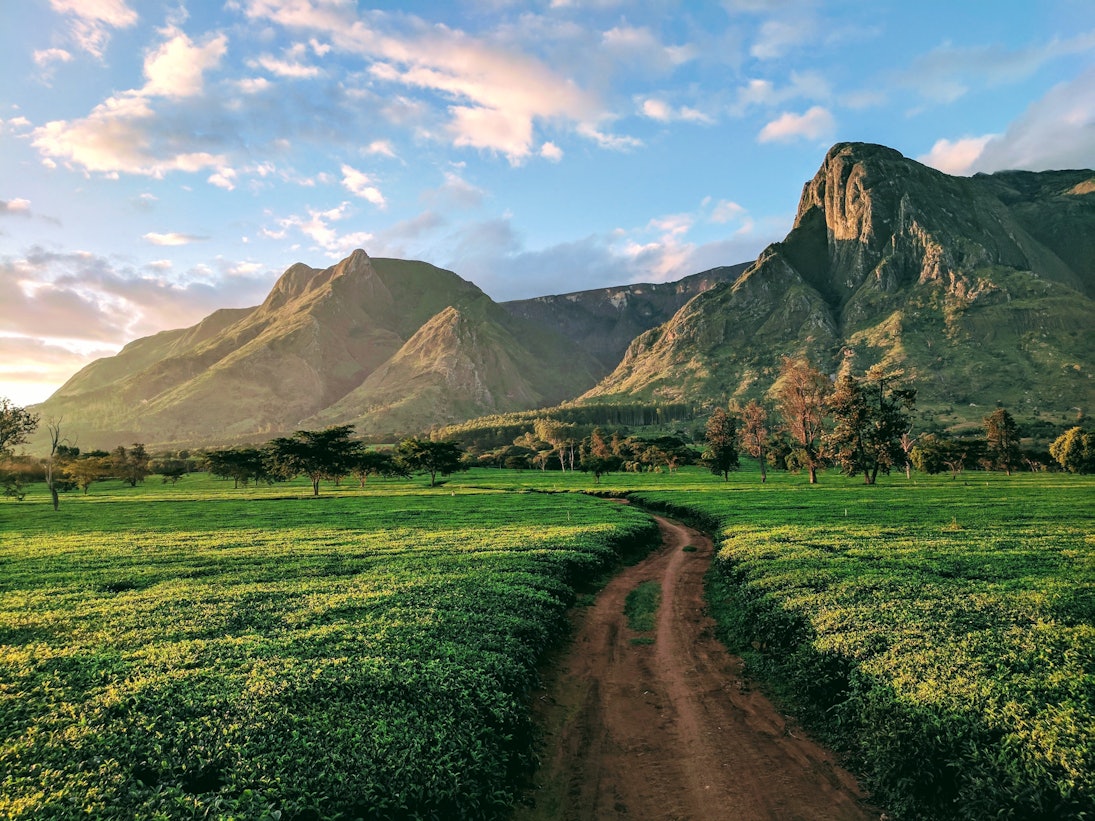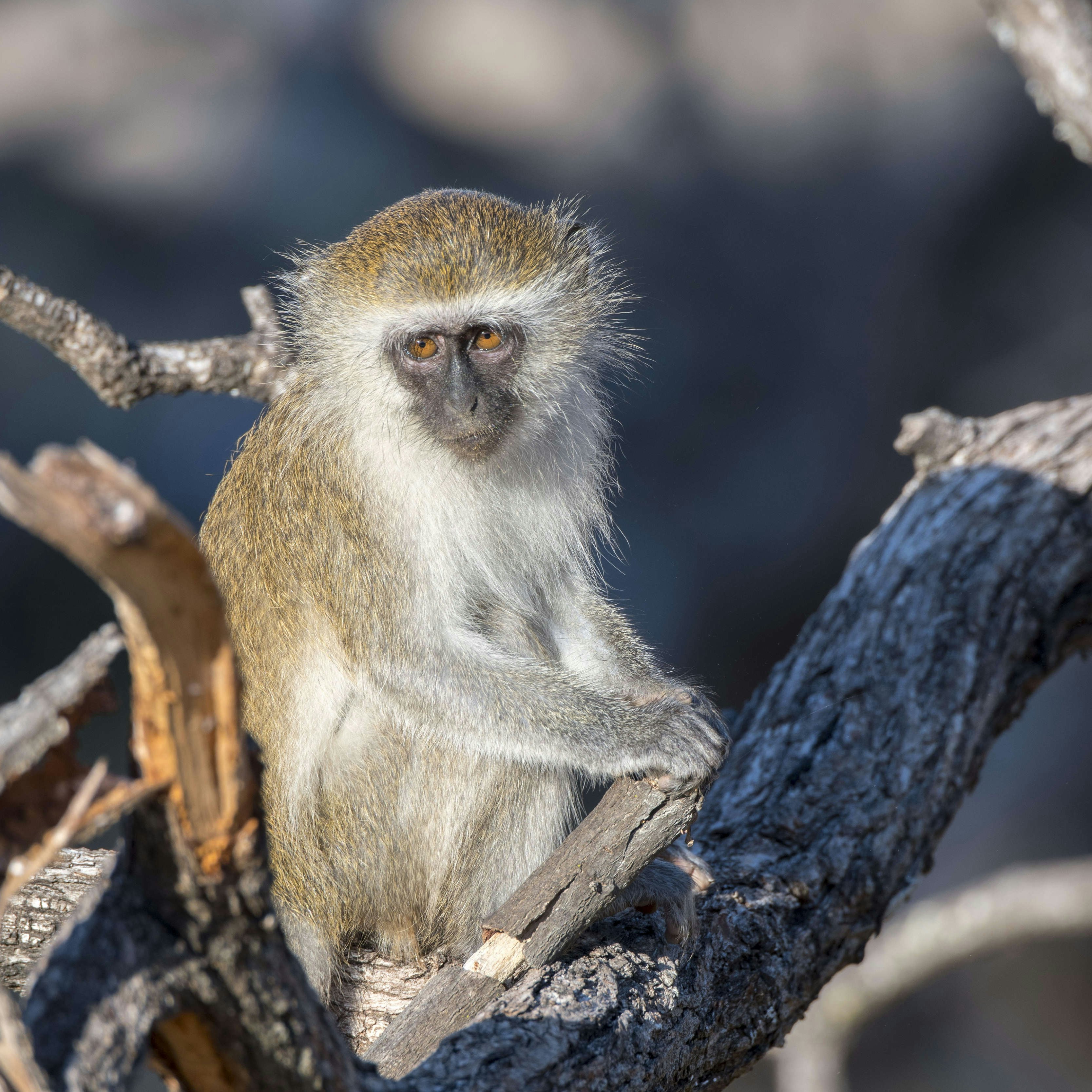

© Jason Grunsta/Getty Images
Overview
What captures visitors most about Malawi is its geographical diversity: the vast shimmering lakes, dramatic mountain peaks, and the roaming lions of Majete Wildlife Reserve.
Must-see attractions
Planning Tools
Expert guidance to help you plan your trip
Best Things to Do
The tiny sliver of Malawi presents visitors with vast scenic diversity across its top attractions, from the zebra-dotted high plains to an idyllic lake.
Read full article
Best Places to Visit
Malawi has stunning natural landscapes, diverse wildlife, bustling cities and incredible culture. Here are the best places to go to experience it all.
Read full article
Best Time to Visit
Whether it's for wildlife or a slice of lakeside serenity.
Read full article
Things to Know
Be ready for your visit to Malawi with these top tips and things to know in advance.
Read full article
Transportation
Here’s our guide to the safest and most reliable ways to get around Malawi, from car and taxi to ferry and bicycle.
Read full article
Visa Requirements
Most visitors to Malawi will need to get a visa in advance of travel. Here's what you need to know.
Read full article
Money and Costs
Travel with friends, visit off season, eat local and more: here’s how to save money as you plan that big trip to dreamy Malawi.
Read full article
Best Road Trips
Explore Malawi in your own time with these top road trip routes.
Read full article













